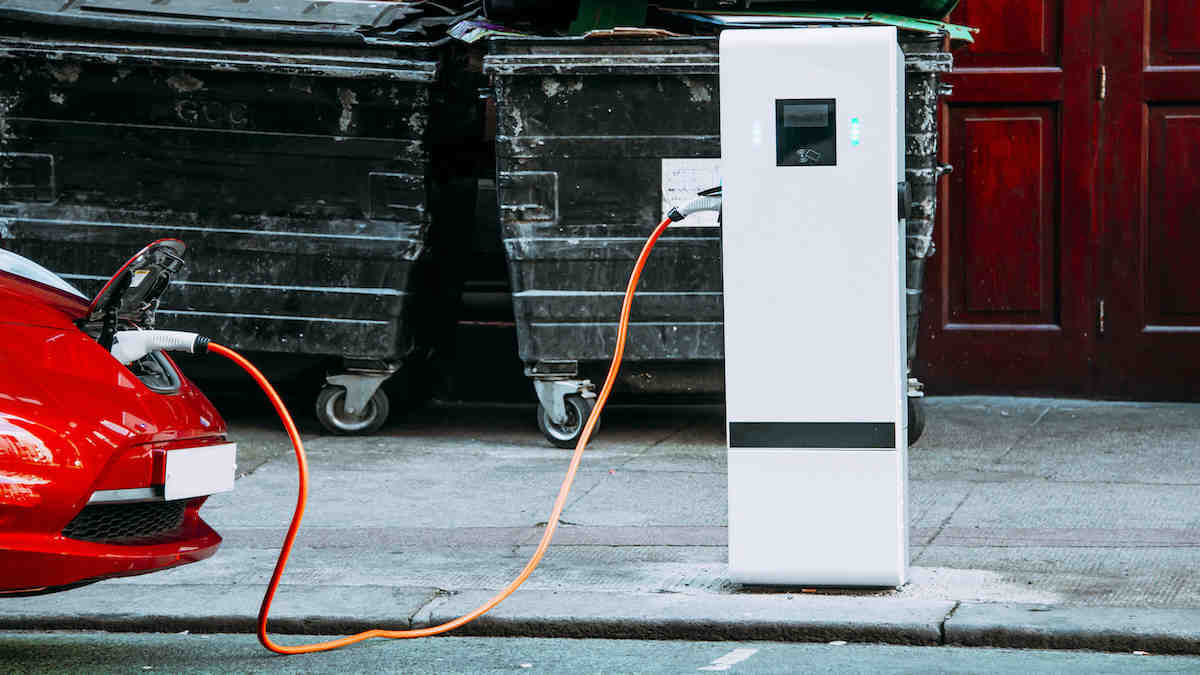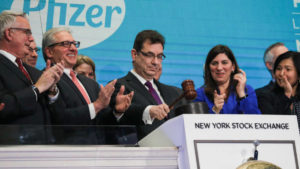Australia to build 400 new EV fast-charging stations, but LIB recyclers are still lacking

Australia to build 400 EV recharging stations. Picture: Getty Images.
One of the major obstacles facing widespread adoption of electric vehicles (EV) is the availability of the recharging infrastructure.
For a continent as big and sparsely inhabited as Australia, that poses an even bigger challenge.
That could change soon, after the applicants from the government’s Future Fuels Fund (FFF) were revealed this week.
The FFF is part of the Australian Renewable Energy Agency’s (ARENA) initiative to facilitate EV adoption in the country.
ARENA announced that a total of $24.5 million will be disbursed to five companies to build 403 new EV fast-charging stations across the continent.
The five companies chosen were: Evie Networks, Engie, Chargefox, Electric Highways, and ASX-listed Ampol (ASX:ALD).
A total of $80m in funding has been earmarked for Round 1, which will target a seven-fold increase in the the number of fast charging stations in Australia’s most populated cities and regions.
These charging stations will be built across eight geographic regions covering 14 of Australia’s most populous cities, in addition to regional centres (Geelong, Newcastle, Wollongong and the Sunshine Coast ).
Each of these regional centres will receive a minimum of eight new fast charging stations each.
According to the Electric Vehicle Council (EVC), between 70-100 per cent of new vehicles sales in Australia will be EVs by 2040.
Ampol to deliver 100 EV recharging stations
As part of the deal, Ampol has committed to deliver fast charging bays at over 100 sites.
This will cover its national retail network, covering the Greater Sydney, Melbourne, Brisbane and Perth regions, as well as the regional centres mentioned above.
These stations will be funded partly by the $7 million awarded to the company by ARENA.
“Ampol’s national retail network, along Australia’s major highways and close to existing high-traffic roads, closely matches our country’s population and is strategically located to help minimise range anxiety for EV users,” said Ampol CEO, Matt Halliday.
Ampol’s chosen sites will also feature chargers supplied with renewable energy or covered by green certificates, and will be capable of delivering charge to one vehicle at a minimum of 50kw.
The announcement follows the release of Ampol’s Future Energy and Decarbonisation Strategy, which outlined a commitment to achieving net zero emissions from operations by 2040.
The strategy also includes the investment of more than $100 million in future energy projects through to 2025.
Battery supply chain potential untapped
According to the EVC report however, Australia continues to waste opportunities when it comes to the battery supply chain.
While our mining industry is benefitting from the global electric vehicle boom, Australia is not adding value in mineral processing, battery component manufacturing, and battery recycling.
The report says that Australia could see a surge in jobs and revenue if policymakers were to support R&D and investment in these sectors.
On the ASX, although lithium miners are aplenty, there are only a few listed companies that are involved in battery recycling to some degree.
Ecograf (ASX:EGR) is currently developing a recycled lithium-ion battery (LIB) anode material, which it recently said has achieved 99.98% carbon.
Lithium Australia (ASX:LIT) is developing a hydrometallurgical technique that recovers all metals, including lithium, from spent LIBs. The company has also recently filed a patent relating to the recycling of alkaline batteries with IP Australia.
Neometals (ASX:NMT) has also developed a process to recover valuable constituents from cell production scrap and end-of-life LIBs. The company said it has the technology to economically recover high-value cobalt (99.2% recovery).
Related Topics
UNLOCK INSIGHTS
Discover the untold stories of emerging ASX stocks.
Daily news and expert analysis, it's free to subscribe.
By proceeding, you confirm you understand that we handle personal information in accordance with our Privacy Policy.








